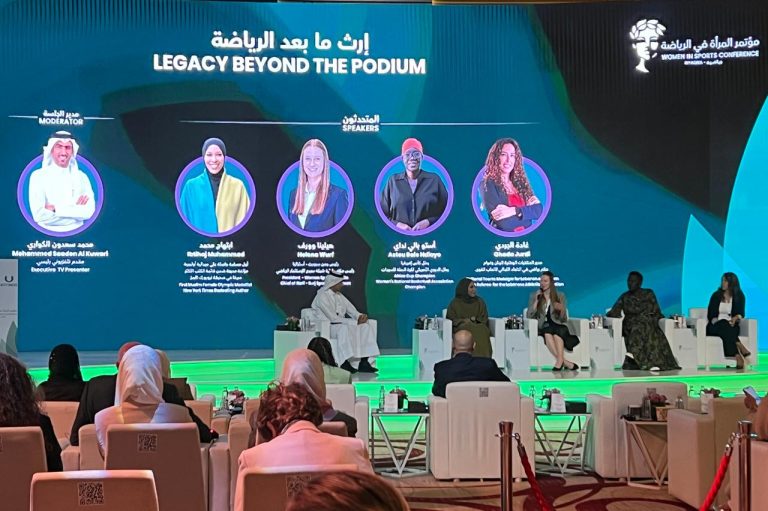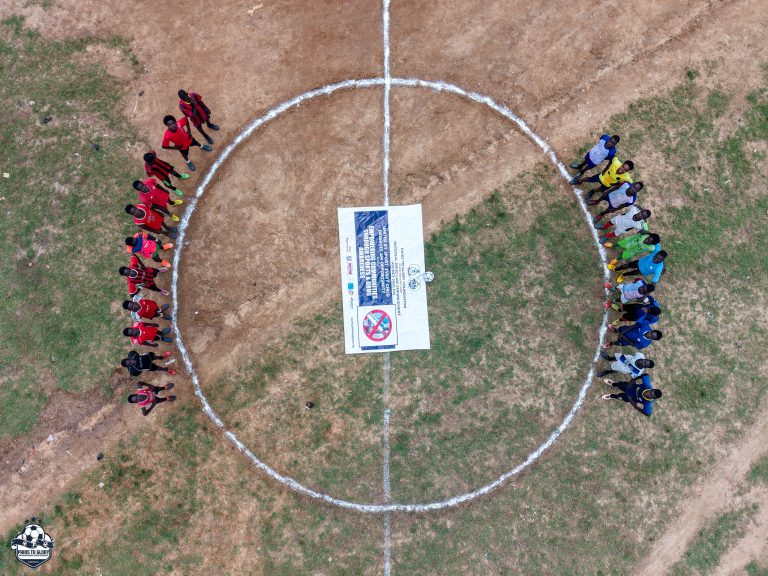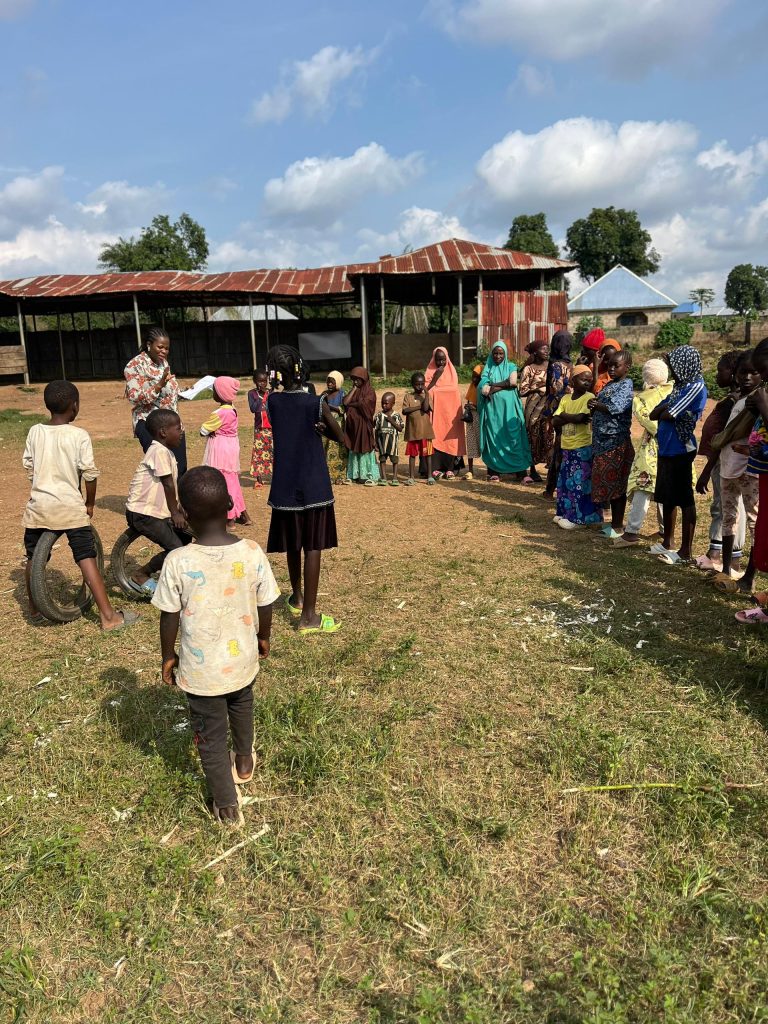Mental Health and Psychosocial Support (MHPSS) is not a luxury — it is a necessity in every humanitarian response.
In humanitarian emergencies, mental health and psychosocial support (MHPSS) is not a luxury — it is a necessity. The losses and disruptions caused by displacement leave deep emotional scars: grief, fear, anxiety, guilt, and hopelessness that can overwhelm an individual’s ability to cope.
At Wassa Internally Displaced Persons (IDP) Camp in Abuja, the reality is stark. The camp is home to over 7,776 displaced persons who fled violence and conflict across states like Borno, Adamawa, Zamfara, Plateau, and Kaduna. Families live in fragile houses that are constantly breaking down, with no proper restrooms or reliable infrastructure.
Children here share in the daily struggles of their parents — carrying the weight of poverty, trauma, and uncertainty about the future. Many of them speak of wanting to return home to their states of origin, but for now, they remain in an environment where idleness and lack of opportunity expose them to serious risks, including substance abuse, exploitation, and crime.
The Hidden Toll of Displacement
Prolonged stress and trauma harm children’s development, increase the risk of mental health problems, and make it harder for them to succeed in education. Parents, overwhelmed by their own struggles, often lack the capacity to provide emotional support, while community networks that once held families together have weakened.
The result is a cycle of hopelessness — one that must be broken.
United by Sports: A Different Kind of Response
At Pairs to Glory Foundation, in partnership with the National Drug Law Enforcement Agency (NDLEA), we believe in a different approach: using sports as a tool for healing, resilience, and empowerment.
Through our initiative, United by Sports: Every Child Deserves an Opportunity, we recently installed football and volleyball posts in Wassa Camp. These are not just structures — they are safe spaces where children and youth can:
- Release stress and trauma through structured play.
- Develop discipline, teamwork, and belonging.
Find alternatives to drug use and crime.
- Reclaim joy and hope, even in displacement.
Alongside sports, we are organizing a drug abuse road walks and sensitization campaigns to raise awareness of the dangers of drug abuse, while also providing psychosocial support to children identified as at-risk.
Why It Matters
When children have safe spaces to play, learn, and grow, they are less likely to fall into harmful patterns. When parents see their children engaged and hopeful, it restores a sense of dignity to families. And when communities unite — through sports, through shared stories, and through collective action — resilience becomes possible, even in the most difficult circumstances.
Our Call to Action
MHPSS is not optional — it is central to survival, dignity, and recovery. By combining sports, mental health interventions, and community engagement, we are showing that displaced children are not defined by their trauma — but by their potential.
At Wassa IDP Camp, the journey is only beginning. The children deserve more — more safe spaces, more mentors, more hope. Together, we can give them the chance to heal, dream, and thrive again.Every child deserves an opportunity.
Together, we can build stronger, safer, and more resilient communities.
#MHPSS #HumanitarianResponse #UnitedBySports #MentalHealth #ChildProtection #SubstanceAbusePrevention #IDPs #CommunityResilience #YouthEmpowerment



